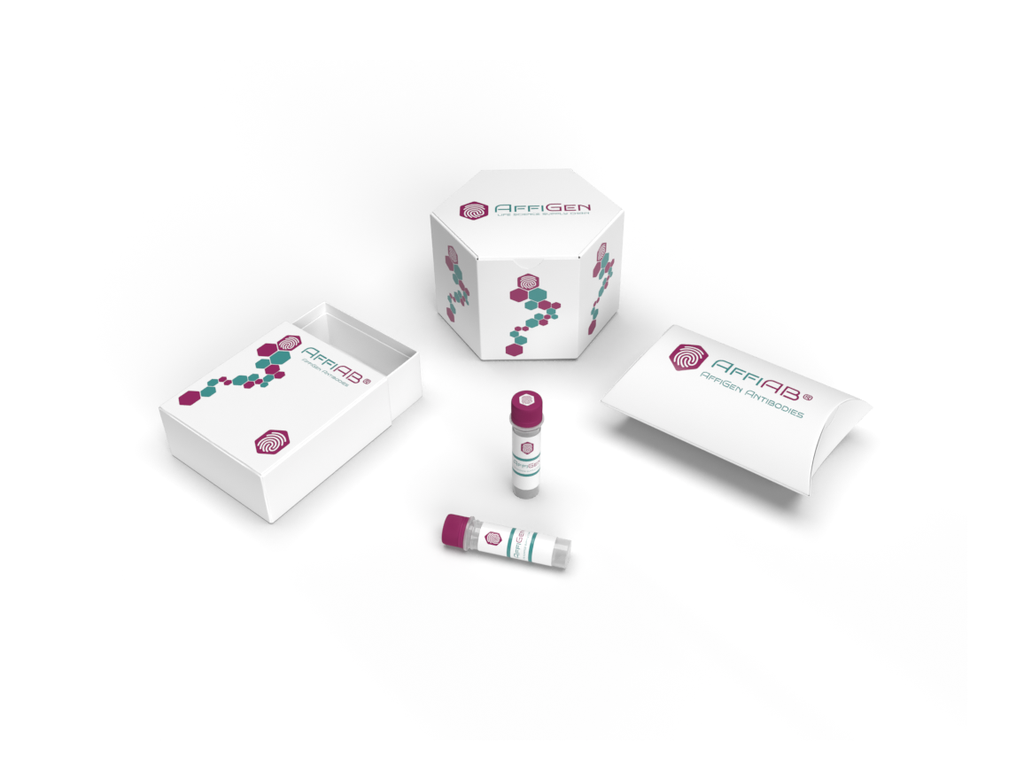AffiAB® Anti-PSME4 Antibody
Associated component of the proteasome that specifically recognizes acetylated histones and promotes ATP- and ubiquitin-independent degradation of core histones during spermatogenesis and DNA damage response. Recognizes and binds acetylated histones via its bromodomain-like (BRDL) region and activates the proteasome by opening the gated channel for substrate entry. Binds to the core proteasome via its C-terminus, which occupies the same binding sites as the proteasomal ATPases, opening the closed structure of the proteasome via an active gating mechanism. Component of the spermatoproteasome, a form of the proteasome specifically found in testis: binds to acetylated histones and promotes degradation of histones, thereby participating actively to the exchange of histones during spermatogenesis. Also involved in DNA damage response in somatic cells, by promoting degradation of histones following DNA double-strand breaks.
Antibody type
Rabbit polyclonal Antibody
Uniprot ID
SwissProt: Q14997 Human; SwissProt: Q5SSW2 Mouse; Entrez Gene: 498433 Rat
Recombinant
NO
Conjugation
Non-conjugated
Host
Rabbit
Isotype
IgG
Clone
N/A
KO/KD
N/A
Species reactivity
Human, Mouse, Rat
Tested applications
WB, IHC-P
Predicted species reactivity
N/A
Immunogen
Recombinant protein within human PSME4 aa 1, 550-1, 843.
Storage
Store at +4°C after thawing. Aliquot store at -20°C. Avoid repeated freeze / thaw cycles.
Form
Liquid
Storage buffer
PBS (pH7.4) , 0.1% BSA, 40% Glycerol. Preservative: 0.05% Sodium Azide.
Concentration
1.57 mg/ml
Purity
Immunogen affinity purified.
Signal pathway
N/A
Recommended dilutions
WB: 1:500
; IHC-P: 1:1, 000
Molecular Weight
Predicted band size: 211 kDa
Subcellular location
Cytoplasm, Nucleus.
Positive control
293T cell lysate, Hela cell lysate, Jurkat cell lysate, RAW264.7 cell lysate, rat skeletal muscle tissue lysate, rat liver tissue, mouse liver tissue.
